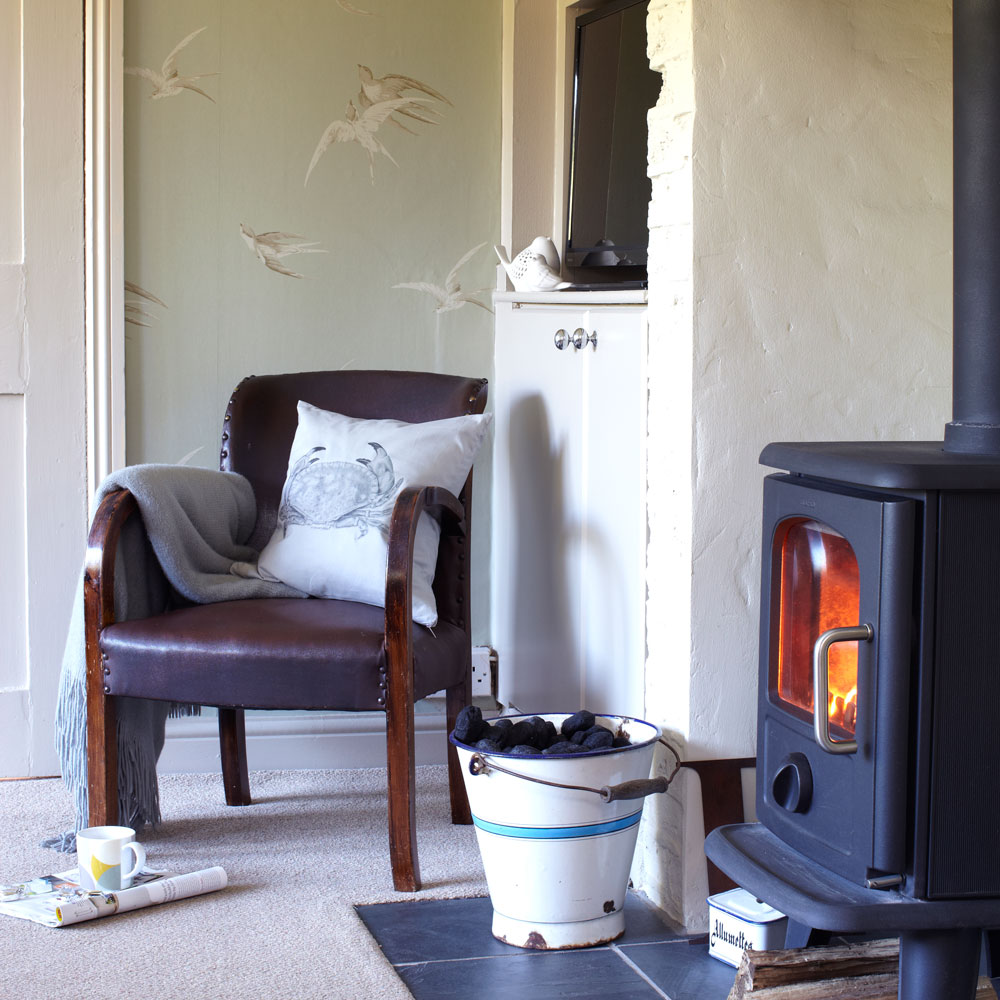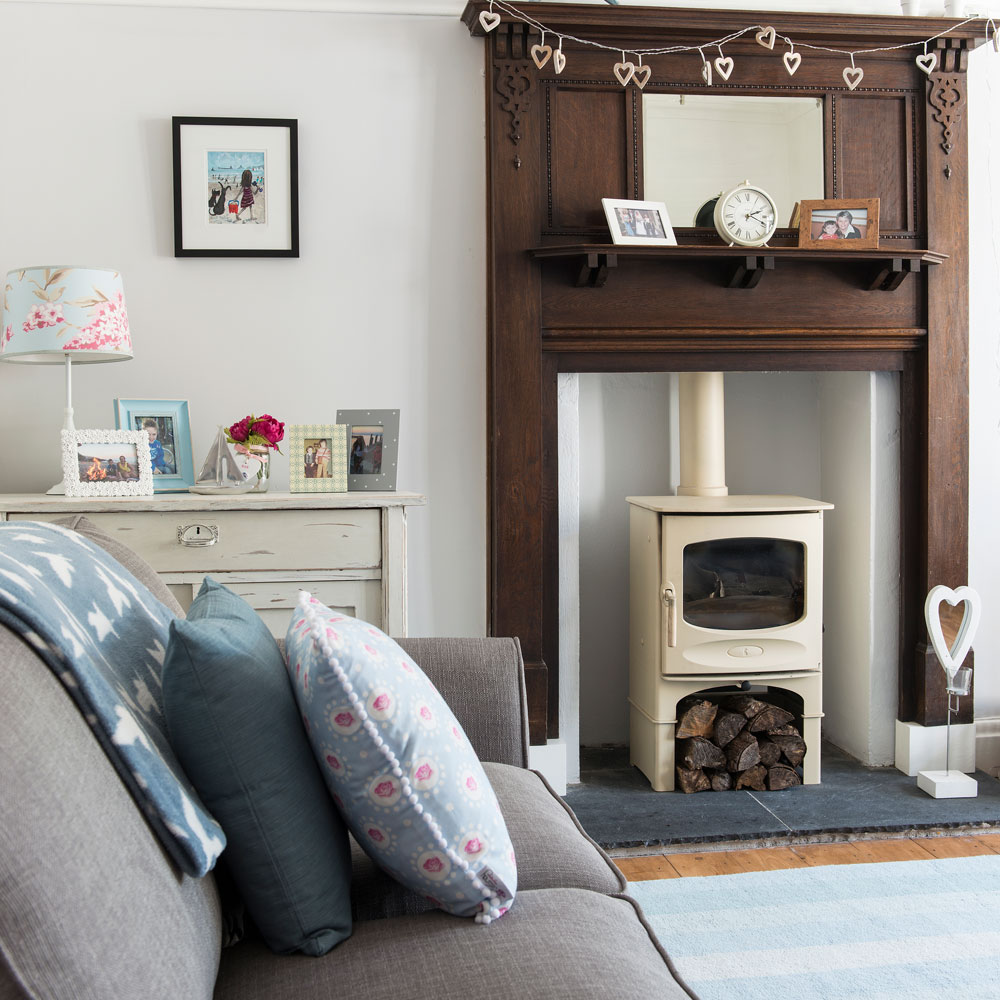How to remove a chimney – and create much needed space in your home
Claw back extra space by getting shot of an unused chimney-breast

Sign up to our newsletter for style inspiration, real homes, project and garden advice and shopping know-how
You are now subscribed
Your newsletter sign-up was successful
Ripping out a fireplace you don’t need can seriously boost the amount of usable space in your kitchen, and frees up the perfect spot for a lovely large range cooker, as well as extra cabinetry and storage for all your pots and pans.
Below we look at the process of removing a chimney from start to finish.
Chimney breast removal — how’s it done?

If you’re only taking out a ground floor fireplace, you'll need to insert a steel lintel to carry the weight of the chimney stack above. 'Some builders use steel gallows brackets, but not all Local Authorities permit them,' says Steve McSorley, Director of and structural engineering at Thomasons. A wood lintel can also be used, but nothing beats steel.
Can I remove the whole of the chimney?
Yes — doing this creates extra space in the bedrooms and loft, too. But, it does mean that every room affected will need to be redecorated, and there will be holes in the floors and ceilings. 'You need to prove, preferably via a structural engineers report, that the remaining walls are stable without the bracing support of a chimney breast,' adds Neil Tomlinson founder of Neil Tomlinson Architects.
Do you need planning permission to remove a chimney?

Not if you leave the chimney as it as at roof level, so the exterior of the house doesn't change. But if you live in a listed property, you will need listed building consent. 'You may need a Party Wall Agreement if it is on a party wall as the flues are often shared. Be aware that your neighbours don't have to agree,' says Steve.
Building regulations chimney removal – is approval needed?
Even if you're just removing the chimney breast on one level, it counts as structural work, so will need approval from your local building control office. It's wise to get a structural survey to calculate load-bearing requirements, and often you are required to do so.
What else do I need to consider when removing a chimney?
'If the chimney is only partly removed, then the blocked-up shaft must be properly ventilated to prevent damp problems occurring in the chimney stack,' says Neil. If the existing brickwork is really old, you also need to tread very carefully — ancient lime mortar can easily crumble and what started as small job, can quickly descend into chaos.
Sign up to our newsletter for style inspiration, real homes, project and garden advice and shopping know-how
'Don't forget, if you take the whole chimney out, your home may look odd from the outside,' adds Neil.
It’s also worth getting the chimney swept first and ordering a skip in readiness. Also, warn your neighbours about noise. If there is, or was once, a gas or electric fire installed, the appliance and pipe work must be isolated and removed.
How much does it cost to remove a chimney?

Expect to pay £1,500-£2,500 for chimney breast removal, and £3,000-£4,000 for full chimney removal. As with all building projects it's always good to allow an extra 10 per cent or so over the quoted amount to allow for contingencies.
Is removing a chimney next on your home improvement list?

Linda Clayton is a professionally trained journalist, and has specialised in product design, interiors and fitness for more than two decades. Linda has written for a wide range of publications, from the Daily Telegraph and Guardian to Homes & Gardens and Livingetc. She has been freelancing for Ideal Home Magazine since 2008, covering design trends, home makeovers, product reviews and much more.